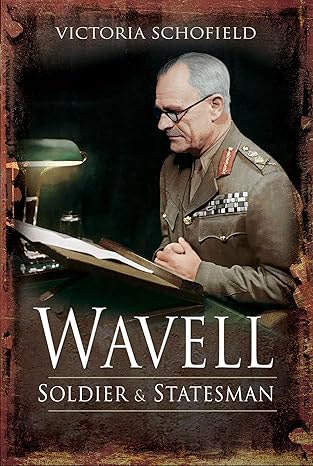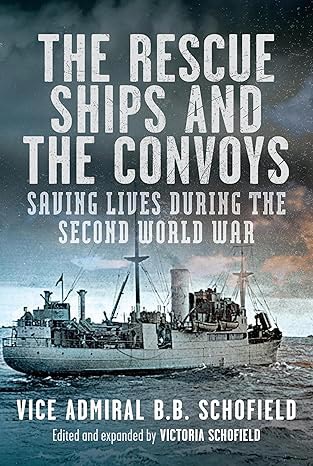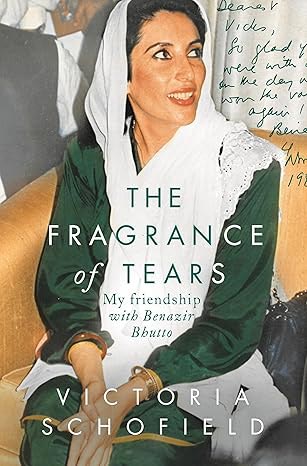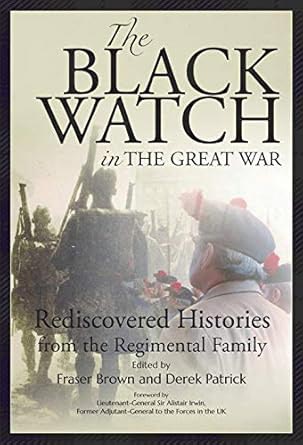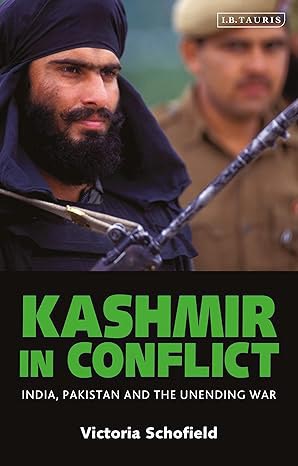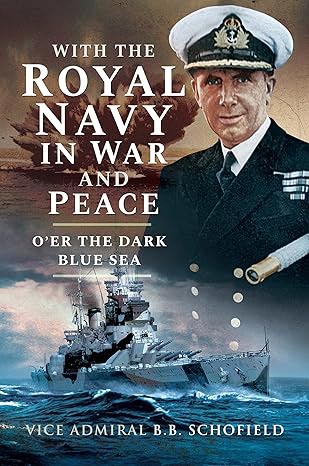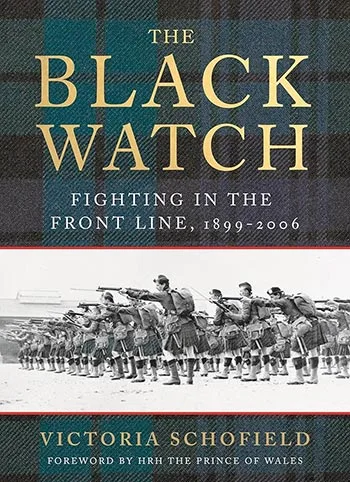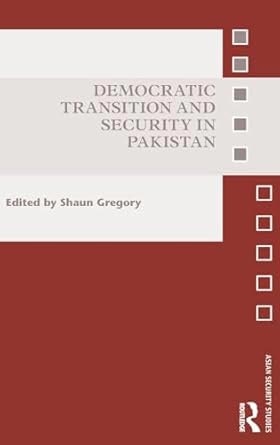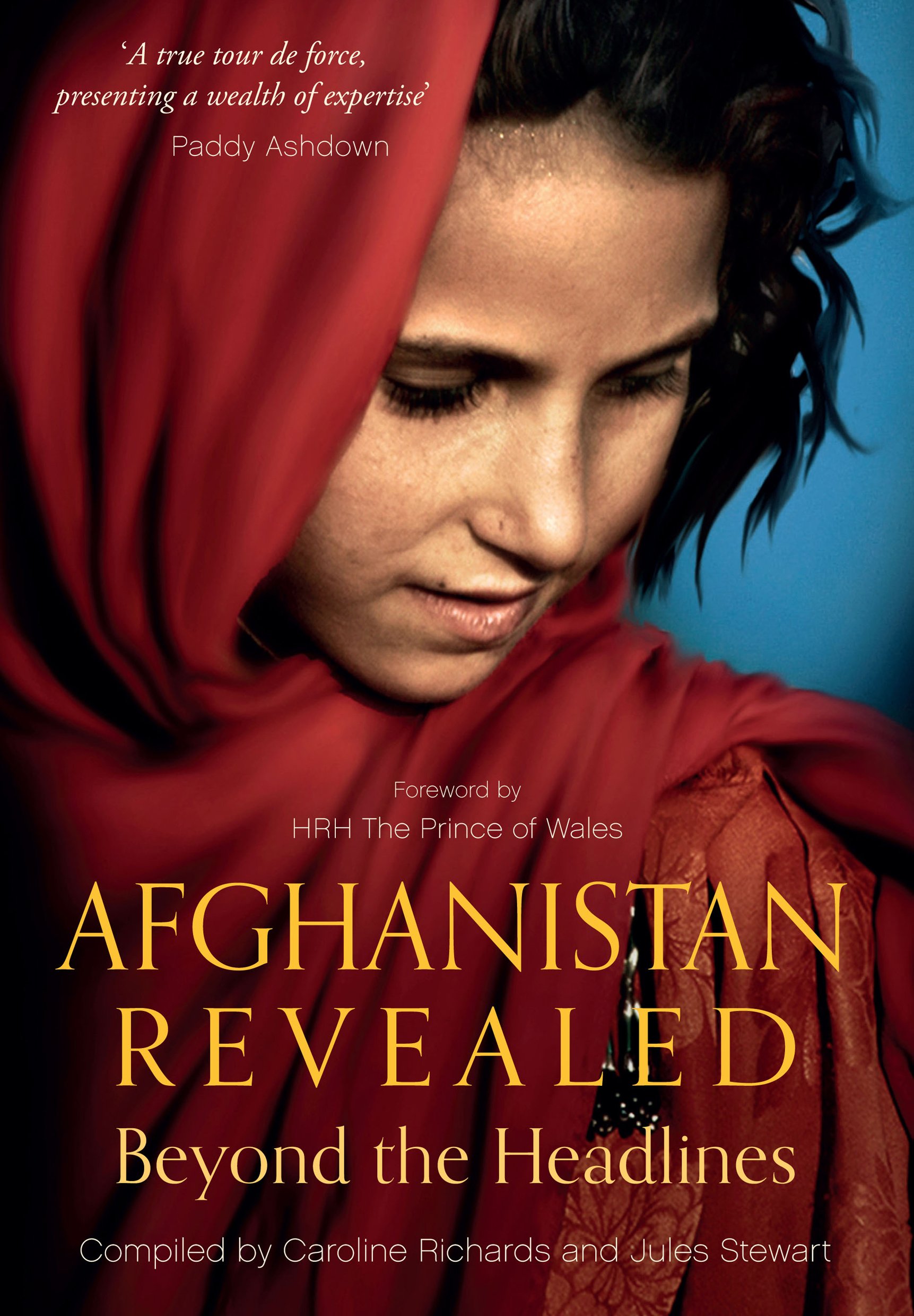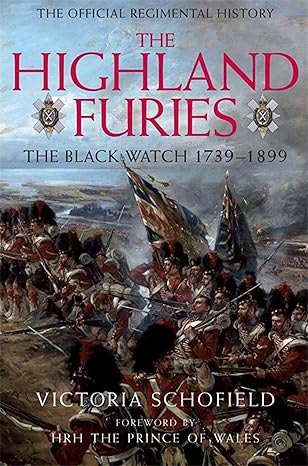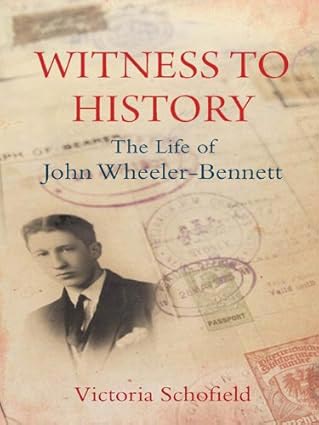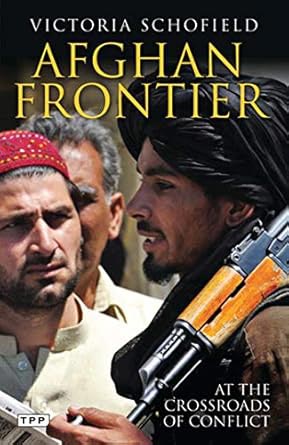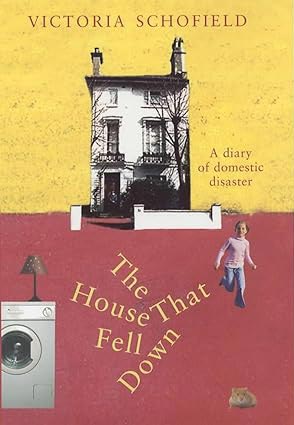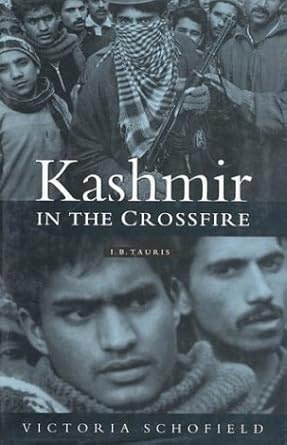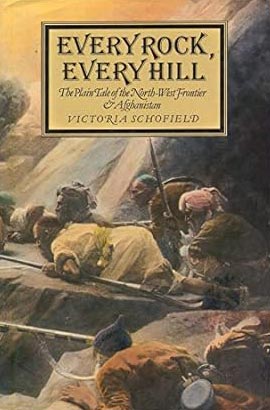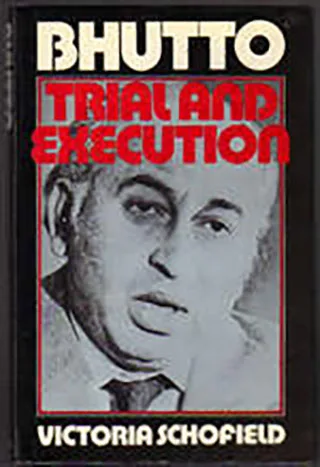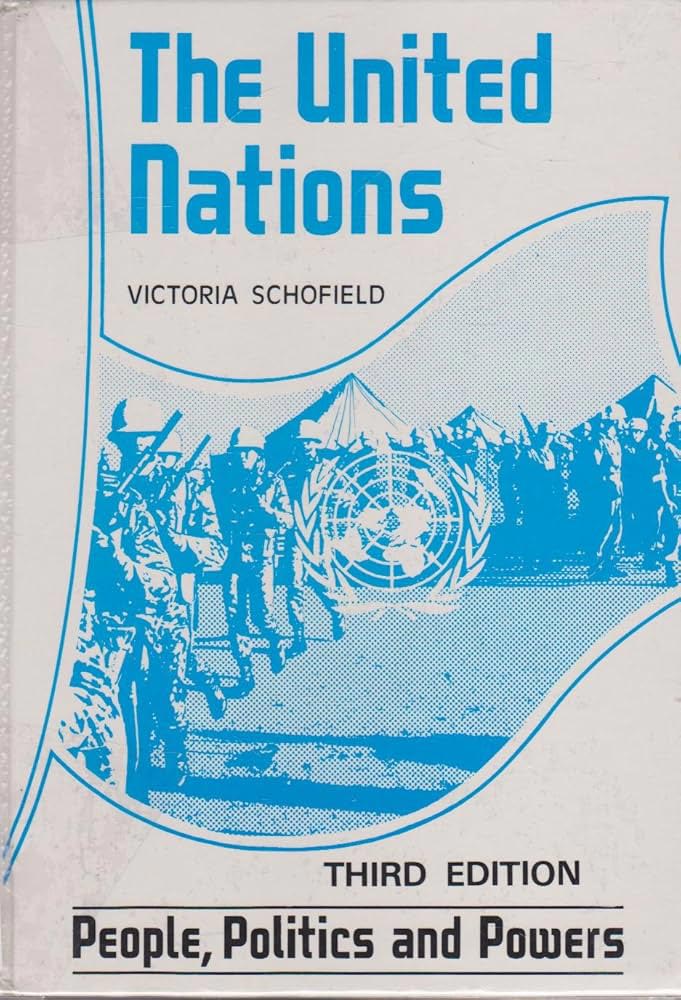‘A worthy tribute to a great man’ The Times Literary Supplement
‘Excellent’ Country Life
‘Eminently fair’ The Spectator
‘Well written and based on detailed research’, BBC History Magazine
‘In her masterly biography, Victoria Schofield brings to life one of the towering figures of the Second World War, and in the process, she illuminates many of the obscure pages of the history of the period.. The man who comes through in this meticulously researched book is a modest figure who succeeded by dint of hard work and occasional brilliance. Taciturn almost to the point of rudeness, he often drove Churchill to distraction by his long silences. And yet he was a loving husband and father who doted on his family,’ writes Irfan Husain in Dawn, Karachi
‘Victoria Schofield’s authoritative biography does justice to a man of many parts, some of them unexpected, such as a passion for poetry.‘ The Sunday Telegraph, 21 January 2007
‘Like its subject, this biography is not interested in superficial flamboyance but its solid virtues of wide-ranging research and intellectual rigour soon become apparent.’ The Sunday Times, 30 January 2007
‘This is a kindly biography that is yet objective, one that is based on a thorough mastery of surviving documents, a model biography.’ Contemporary Review, Winter Issue.
‘No review has appeared in The Guards Magazine for many years which urged serving officers to read a particular book to enhance their knowledge. However an exception can now be made with Wavell: Soldier and Statesman. The book by Victoria Schofied is quite outstanding: over 500 pages long, it is not a page too long.’ Guards Magazine, November 2006
Excerpt:
In his journal Wavell wrote that he hoped some of the things he had done in his various responsibilities had ‘been of some use to someone’. It was a remarkably self-effacing comment from a man who had been Commander-in-Chief in the two most important theatres of the Second World War, and also Viceroy of India. But that was the character of the man. He neither craved fame nor clung to it. His disappointment at his dismissal as Viceroy had more to do with his dislike of leaving a job unfinished than with any distress at the loss of office. With his apparent lack of ambition, however, went an unwillingness to project himself favourably with his political colleagues; his failed relationship with Churchill is the most obvious example, that with Attlee a close second….Of the plethora of eulogistic obituaries that followed Wavell’s death, Peter Fleming’s in the Spectator aptly described his allure: ‘An immense patient strength – perhaps that is the quality in Lord Wavell which seems, now that he is dead, the most important part of his character. With it went gentleness and wisdom and a remarkable humility. His one eye looked quizzically rather than sardonically upon the world, and he retained a certain innocence of spirit, the uprightness almost of a small boy who does not yet know that there are alternatives to uprightness.’
[Chapter 23: Wavell’s Legacy, p. 392]
